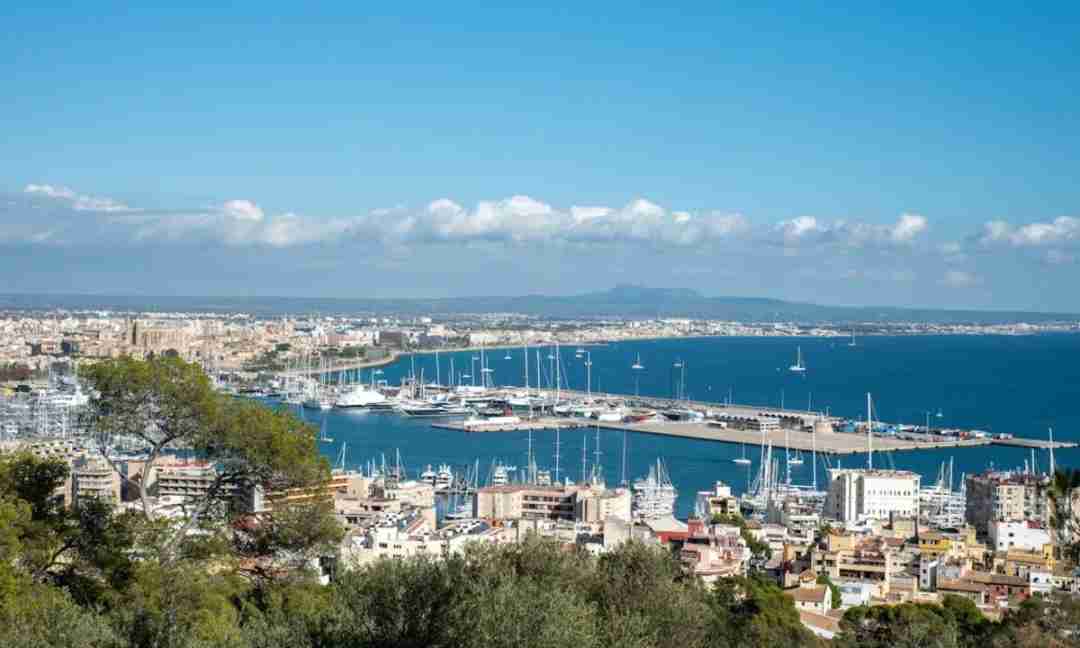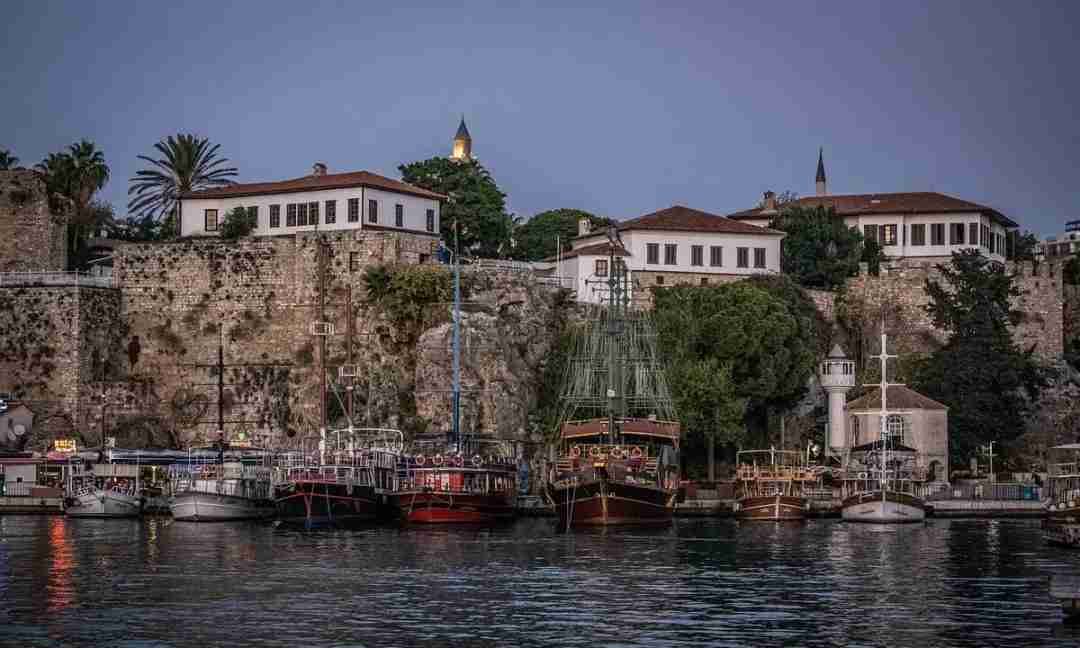Istanbul, Turkey’s largest city and a bridge between two continents is a vibrant metropolis steeped in history and poised for an innovative future. Known variously as Constantinople and Byzantium over the centuries, today’s Istanbul stands as a testament to its rich legacy and dynamic expansion.
Let's explore the origins of its name, its historical and modern expansion, and its future as one of the best-connected cities in the world.
Why is it Named Istanbul?
The name "Istanbul" has evolved over centuries, reflecting its diverse history and cultural transformations:
• Historical Legacy:
Originally known as Byzantium, the city was renamed Constantinople when Emperor Constantine the Great made it the capital of the Roman Empire in 330 AD. It wasn't until the Ottoman Empire conquered the city in 1453 that "Istanbul" began to slowly emerge. Derived from a gradual linguistic amalgamation and the Greek phrase "eis tan polin," meaning "to the city," Istanbul eventually became the city's official name following the establishment of the Republic of Turkey in 1923.
• Cultural Synthesis:
Istanbul’s name change illustrates its unique position at the crossroads of civilizations. As both a geographical and cultural bridge, it serves as a melting pot of traditions, languages, and histories that have shaped its identity.
Expansion of Istanbul
Over decades, Istanbul has seen significant expansion, transforming from a historic enclave into a sprawling megacity:
• Historical Growth:
During the Byzantine and Ottoman periods, Istanbul was a fortified city limited to the area around the Golden Horn and Bosphorus. As a thriving capital, its population expanded within these boundaries, giving rise to mosques, markets, and palaces that still define the historic center.
• Modern Urban Sprawl:
The 20th century marked a period of rapid expansion for Istanbul, driven by industrialization and migration. New districts emerged, expanding outward from the historic peninsula. This growth was further accelerated by infrastructural developments like bridges and highways connecting European and Asian sides.
• Residential and Commercial Developments:
Today, districts such as Başakşehir, Ataşehir, and Beylikdüzü exhibit the city's continuous growth. Skyscrapers, shopping centers, and residential projects are reshaping the cityscape, accommodating a diverse, growing population.
Future of Istanbul
Istanbul’s future looks toward sustainable growth while enhancing its global standing through connectivity and smart technology:
• Sustainable Initiatives:
Istanbul is adopting green building practices and sustainable urban planning to address challenges like traffic congestion and pollution. The integration of eco-friendly transport and green spaces is central to these efforts.
• Innovative Projects:
Projects like Kanal Istanbul, intended to ease marine congestion, illustrate the city's commitment to infrastructure advancement. Additionally, the Istanbul Airport aims to bolster the city’s status as a major international travel hub.
• Smart City Vision:
Embracing digital transformation, Istanbul is incorporating smart city technologies to enhance public services, improve traffic management, and ensure energy efficiency, setting a benchmark for modern urban living.
Best-Connected City in the World
Istanbul's geographical location and advanced transport infrastructure make it one of the best-connected cities globally:
• Strategic Geopolitical Position:
As a nexus connecting Europe, Asia, and the Middle East, Istanbul plays a pivotal role in international trade and travel. Its ports, railways, and road networks create an unmatched logistics hub.
• Comprehensive Transport Network:
The city's connectivity is powered by extensive transport systems, including two significant international airports, an expanding metro system, and three massive bridges linking its European and Asian parts.
• Global Air Travel Hub:
Istanbul Airport, one of the largest in the world, continues to expand its reach, connecting passengers to over 300 destinations worldwide. Its strategic placement underscores Istanbul's ambition to be a leading global travel hub.
Conclusion: Istanbul, Global City
Istanbul’s evolution from a historic city to a modern metropolis is a story of resilience, innovation, and strategic growth. With its rich history, continuous expansion, and robust connectivity, it not only preserves its past but also embraces a promising future. As Istanbul, Turkey continues its journey, it stands ready to assert itself as a leading city on the global stage, embodying the harmony of tradition and progress—a true East meets West narrative that captivates the world.














